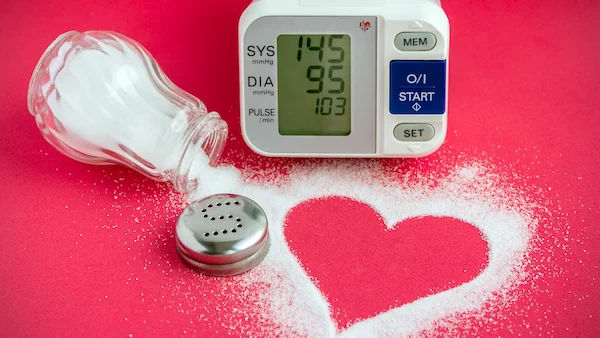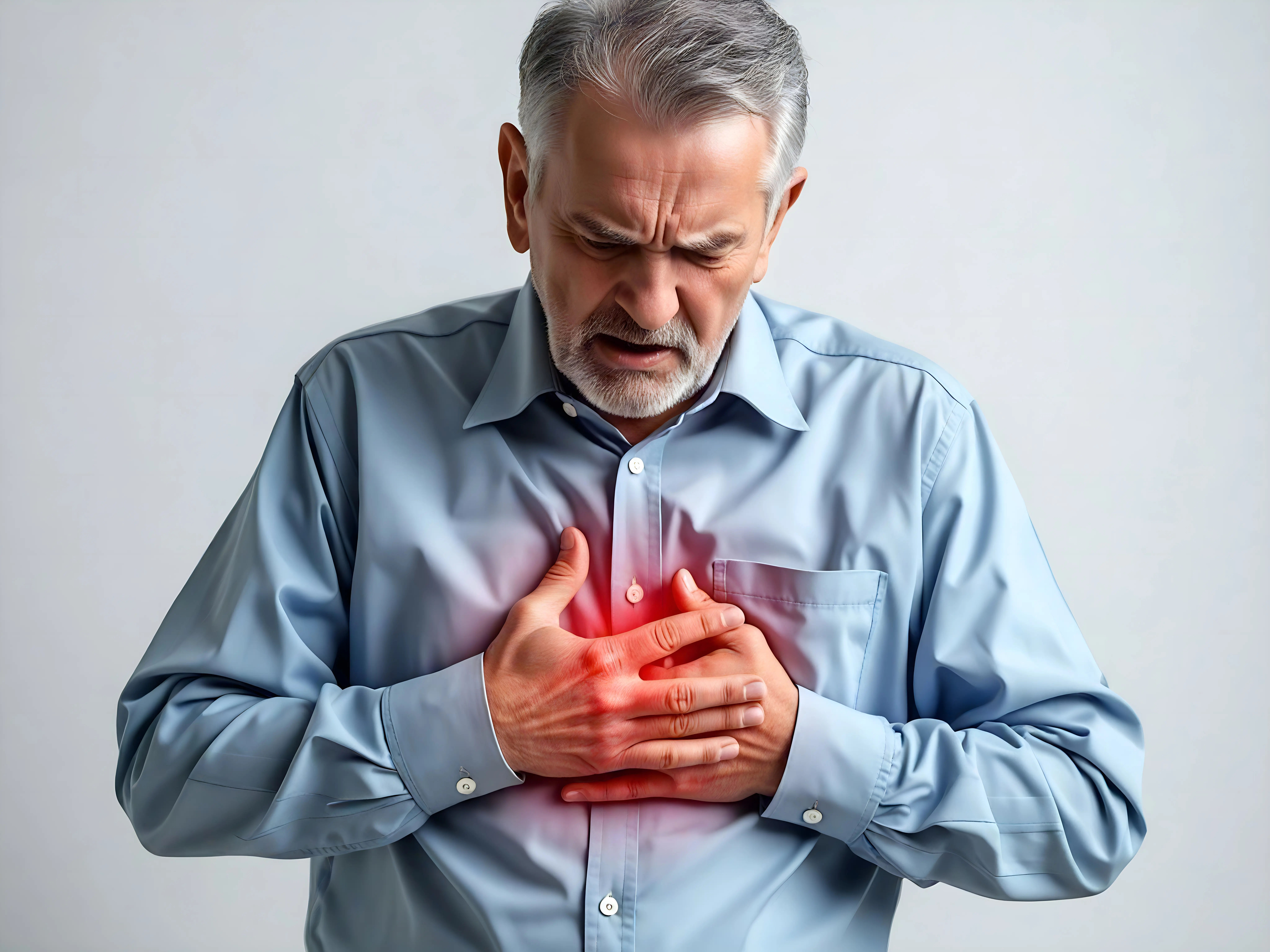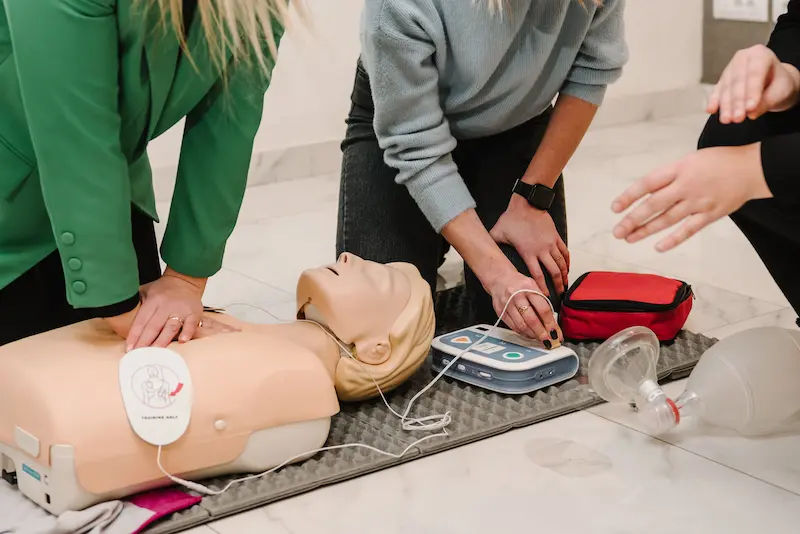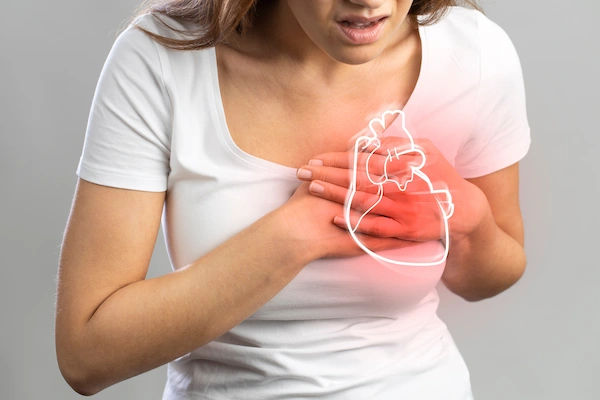- female
- 60 Years
- 20/02/2025
I'm dealing with both mitral and aortic valve stenosis, plus some leakage, and I'm really hoping to avoid surgery if that's possible. Is there anything that can help me steer clear of needing valve replacement surgery?
Answered by 1 Apollo Doctors
Mitral valve stenosis and aortic valve leakage can be managed with medication to help control symptoms and slow down the progression of the condition. For mitral valve stenosis, you can take medications such as diuretics to reduce fluid buildup, beta-blockers to control heart rate, and blood thinners to prevent blood clots. For aortic valve leakage, medications like ACE inhibitors or ARBs can help reduce strain on the heart and improve symptoms. It is important to regularly monitor your condition with your healthcare provider and follow their recommendations for medication dosage and frequency.
Dr. Chandra Suggests...
Consult a Cardiologist
Answered 25/07/2025
0
0

More Cardiology Health Queries
View allI'm really worried about my dad's health. Last Friday, he had a major heart failure and after carrying out an angiogram, the doctor found out that there are three blockages in his heart. They also mentioned that his ejection fraction or EF is at 20 which is quite low, and because of that, they can't perform angioplasty or bypass surgery. I'm really unsure about what steps we can take to improve his condition. Could you guide me on how to help him get better or what options we might have?
With a low ejection fraction (EF) of 20% and multiple blockages in the heart, the main goal of treatment would be to improve his heart function and manage his symptoms. Medications such as ACE inhibitors, beta blockers, and diuretics can help improve heart function and reduce the workload on the heart. In addition, medications like statins can help manage cholesterol levels and prevent further blockages. It's important for your father to follow a healthy lifestyle, including a heart-healthy diet, regular exercise, and avoiding smoking and excessive alcohol intake. Regular monitoring by his healthcare team is crucial to adjust his treatment as needed.
Answered by 1 Apollo Doctors
I'm dealing with some constant pain in my chest, neck, shoulders, ears, and upper back. I've already had an ECG, ECO, and TMT done, and everything came back normal. But the pain is still there and just won't go away. What should I do about it?
GERD is the probable diagnosis , advised pan d ,orally before food for 14 days and syrup sucralfate 10 ml thrice daily ,Avoid spicy foods..
Answered by 1 Apollo Doctors
I'm a bit concerned about my blood pressure. I've been dealing with BP issues for the last 10 years and for the past 10 days, its been all over the place. Ive been on Amlosafe MT 50 for the last decade, and my doctor just added Telvas 3D to the mix three days ago. Seems like my BP has stabilized at 18080 since then, which is better than when it was fluctuating between 18097 and 16090. How long do you think itll take for my BP to get back to normal?
It is difficult to predict exactly how many days it will take for your blood pressure to become normal after starting Telvas 3D. However, typically you should see some improvement in your blood pressure within 1-2 weeks of starting the new medication. It is important to continue taking both Amlosafe MT 50 and Telvas 3D as prescribed by your doctor for the best results. If you do not see significant improvement in your blood pressure after a few weeks, please consult your doctor for further evaluation and possible adjustment of your medication dosage.
Answered by 1 Apollo Doctors
Disclaimer: Answers on Apollo 247 are not intended to replace your doctor advice. Always seek help of a professional doctor in case of an medical emergency or ailment.





